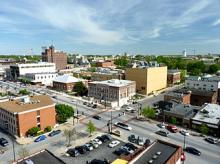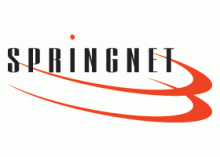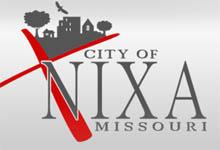Transcript: Community Broadband Bits Episode 129
Thanks to Jeff Hoel for providing the transcript for Episode 129 of the Community Broadband Bits podcast with Michael Liimatta of the nonprofit Connecting for Good in Kansas City, Missouri. Listen to this episode here.
00:04: Michael Liimatta: It's a digital world that we live in. And so, if you're not online, you're not really a fully-functioning citizen.
00:11:
Lisa Gonzalez: Hello. You are listening to the Community Broadband Bits Podcast, from the Institute for Local Self-Reliance. This is Lisa Gonzalez. This week, Chris and his guest, Michael Liimatta, discuss digital inclusion efforts in Kansas City. Michael is President of the nonprofit, Connecting for Good, an organization in the region, aiming to bring more lower-income households online. As our listeners know, Google Fiber is now deploying in the community. Chris and Michael discuss whether or not the deployment has increased rates of adoption. Michael and Chris ponder some proposed ideas for bringing lower-income households online: Charging a very low rate. Should access be free? How does home access affect adoption, as opposed to access in a library or other community space? We encourage you to visit connectingforgood.org to learn more about the organization, especially if you feel your community could benefit from a digital inclusion program. We bring you the Community Broadband Bits Podcast advertisement-free each week. Please consider contributing to help us continue to carry on this valuable service. It's easy. Visit ILSR.org and click on the orange "donate" button. Here are Chris and Michael.
01:26:
Chris Mitchell: Welcome to another edition of the Community Broadband Bits Podcast. I'm Chris Mitchell. And today, I'm speaking with Michael Liimatta, the President of a nonprofit organization, Connecting for Good. Welcome to the show.
01:40:
Michael Liimatta: Thank you very much.
01:42:








